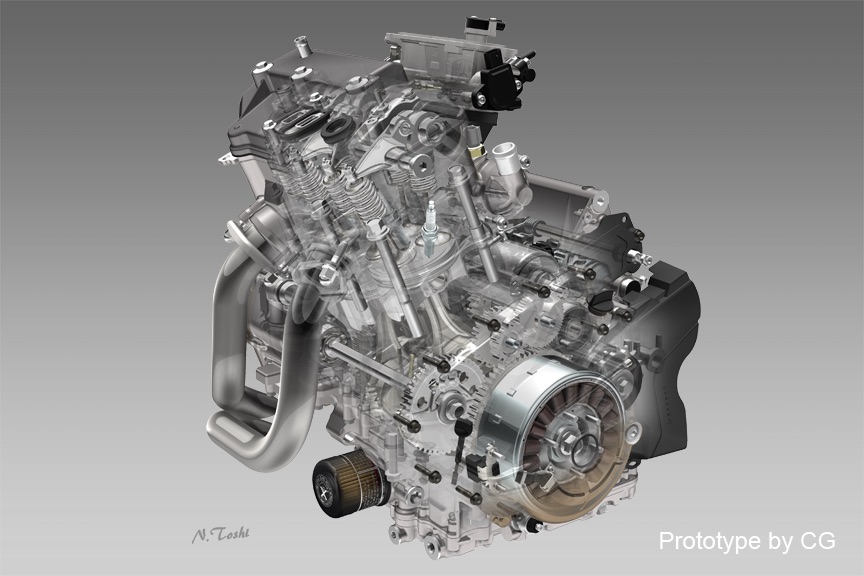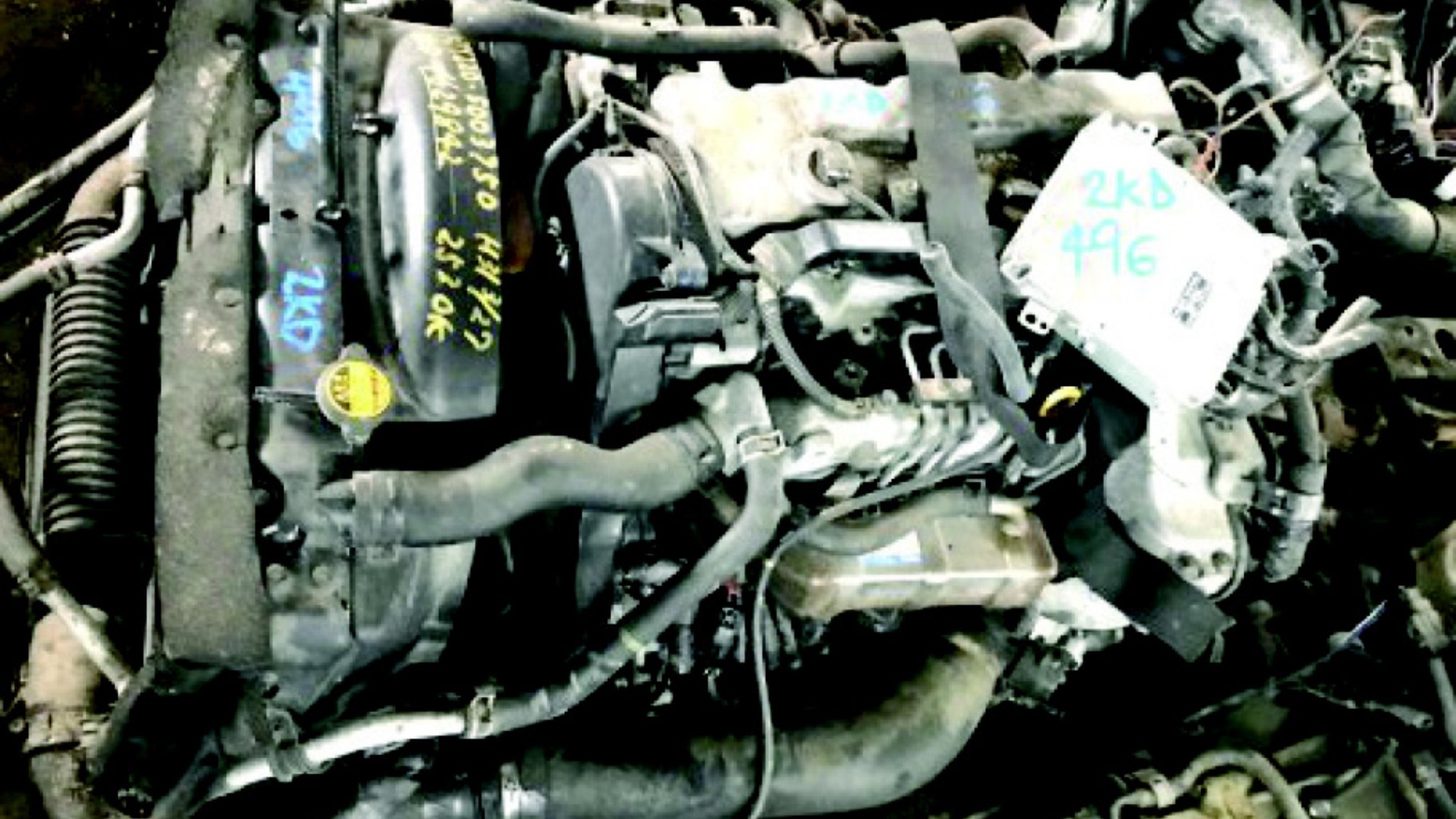Understanding the Long-Term Conveniences of Buying Engines for Africa for Future Development
The possibility of purchasing engines for Africa-- extending technology, education and learning, and facilities-- offers an engaging chance for long-term development and security. By tactically improving these areas, nations can significantly improve efficiency and market access, while concurrently building a competent workforce with the ability of driving advancement. Such financial investments not only pave the method for sustainable economic diversification yet likewise fortify strength against global obstacles. The effects of these investments expand beyond instant benefits, raising crucial questions regarding the future trajectory of African economic situations and their duty in the worldwide landscape. What paths might arise from this foundational shift?
Economic Security and Strength

In addition, resilience enables African nations to adjust to changing international dynamics, including climate modification and technical advancements. By prioritizing economic diversity, nations can minimize dependence on a slim variety of industries, hence alleviating threats connected with financial slumps. Financial investment in education and learning, modern technology, and infrastructure additional bolsters this strength, empowering neighborhoods to flourish in spite of challenges.
Executing sound financial plans and enhancing banks are additionally essential approaches for enhancing economic stability. These procedures can assist in access to credit, enhance savings rates, and advertise effective source allotment. Inevitably, a robust financial framework lays the foundation for lasting development, making sure that Africa can maximize its tremendous capacity while preparing for future unpredictabilities.
Task Production Opportunities
A dynamic work market is crucial for driving sustainable growth and minimizing destitution in Africa. Spending in engines for Africa, specifically in industries such as agriculture, innovation, and production, can dramatically enhance job production opportunities across the continent. As new industries emerge, they demand a labor force geared up with varied abilities, resulting in raised work leads for regional populaces.
These financial investments not only produce straight work chances but additionally promote ancillary sectors. As an example, an expanding manufacturing sector can result in heightened need for logistics, maintenance, and supply chain monitoring functions. This multiplier result enhances the total employment landscape, promoting a durable ecosystem where numerous sectors prosper collectively.
Moreover, enhanced work opportunities can promote entrepreneurship, as people with steady incomes commonly look for to buy their own organizations. This entrepreneurial spirit can give additional employment methods, adding to a dynamic economic situation.
Ultimately, by focusing on task production through calculated financial investments, Africa can harness its potential, guaranteeing that financial development translates into concrete advantages for its people - engines for Africa. In doing so, the continent can construct a sustainable future that prioritizes both economic advancement and social upliftment

Enhancing Education And Learning Systems
Consistently boosting education and learning systems is important for equipping Africa's youth with the skills necessary to thrive in a swiftly progressing work market. A durable academic framework must focus on both academic quality and sensible ability advancement. By lining up educational programs with the needs of markets, universities can much better prepare pupils for future job opportunity.
Financial investment in educator training programs is necessary to enhance academic high quality. Well-trained educators influence pupils and foster important thinking, imagination, and problem-solving capacities. Moreover, content incorporating employment and technical training into the education and learning system can supply students with substantial abilities that meet market demands, thus lowering young people unemployment prices.

Additionally, boosting accessibility to education and learning, especially in country and underserved locations, is vital. Techniques such as mobile learning platforms and community-based education efforts can connect the space, making sure that all young people have the opportunity to be successful (engines for Africa). Ultimately, a well-rounded education system will be a foundation for Africa's lasting development and advancement
Improvements in Innovation
Taking advantage you can try these out of the power of innovation is transforming various sectors throughout Africa, leading the means for development and growth. The integration of advanced technologies such as expert system, large information, and the Web of Things (IoT) is revolutionizing industries, boosting performance, and driving financial advancement. These developments are enabling organizations to simplify operations, enhance decision-making processes, and cultivate a much more competitive market setting.
In agriculture, for instance, accuracy farming methods powered by data analytics are maximizing crop yields and source monitoring. Likewise, the financial market is seeing a rise in mobile financial and fintech services, which are enhancing economic addition and providing important services to underserved populaces. Additionally, the medical care industry is gaining from telemedicine and digital health and wellness records, boosting accessibility to high quality treatment throughout remote areas.
As innovation proceeds to develop, its influence on education is additionally substantial, with e-learning platforms increasing instructional opportunities. By purchasing these technological developments, African countries can unlock new economic opportunities, develop jobs, and boost living criteria. Embracing development is necessary for lasting development, guaranteeing that Africa continues to be affordable on the global stage.
Infrastructure Advancement Influence
The rapid developments in innovation are carefully linked with the immediate demand for infrastructure advancement across Africa. As nations aim to improve their financial landscapes, buying robust infrastructure systems becomes critical. Efficient facilities-- making up transport networks, power grids, and communication systems-- helps with enhanced access to markets and sources, eventually reinforcing efficiency and economic growth.
The effect of facilities development extends past instant financial benefits. It plays a crucial duty in improving the top quality of life for people by supplying essential solutions such as clean water, electrical power, and healthcare. Boosted facilities fosters an environment for technology, drawing in both local and international financial investments. This, in turn, reduces and develops work poverty line, consequently transforming areas.
Furthermore, tactical financial investments in infrastructure can minimize the risks related to climate adjustment, as durable systems are essential for adapting to environmental obstacles. By prioritizing sustainable infrastructure advancement, African countries can guarantee long-lasting development and stability. Inevitably, the interplay in between technical improvements and framework development is essential for recognizing the continent's complete possibility and achieving sustainable advancement objectives.
Final Thought
Finally, investing in engines for Africa-- incorporating technology, facilities, and education and learning-- presents substantial long-term benefits vital for lasting growth. Such strategic investments foster economic stability and resilience, produce job chances, and improve education systems, ultimately resulting in developments in innovation and framework growth. The advancing impact of these efforts not only strengthens market access and source circulation however also positions African countries to adapt and prosper in an increasingly vibrant international landscape.
Economic security and strength are important elements for sustainable growth in Africa, especially as the continent seeks to harness its vast sources and capacity. By prioritizing financial diversity, nations can minimize dependency on a slim variety of sectors, hence minimizing threats connected with economic slumps. Eventually, a durable financial framework lays the structure for lasting development, making certain that Africa can take advantage of on its immense potential while preparing for future uncertainties.
Efficient infrastructure-- consisting of transportation networks, power grids, and communication systems-- helps with better access to resources and markets, inevitably boosting productivity and financial growth.
Such critical visite site investments foster financial security and durability, develop task chances, and improve education and learning systems, inevitably leading to innovations in innovation and infrastructure advancement.